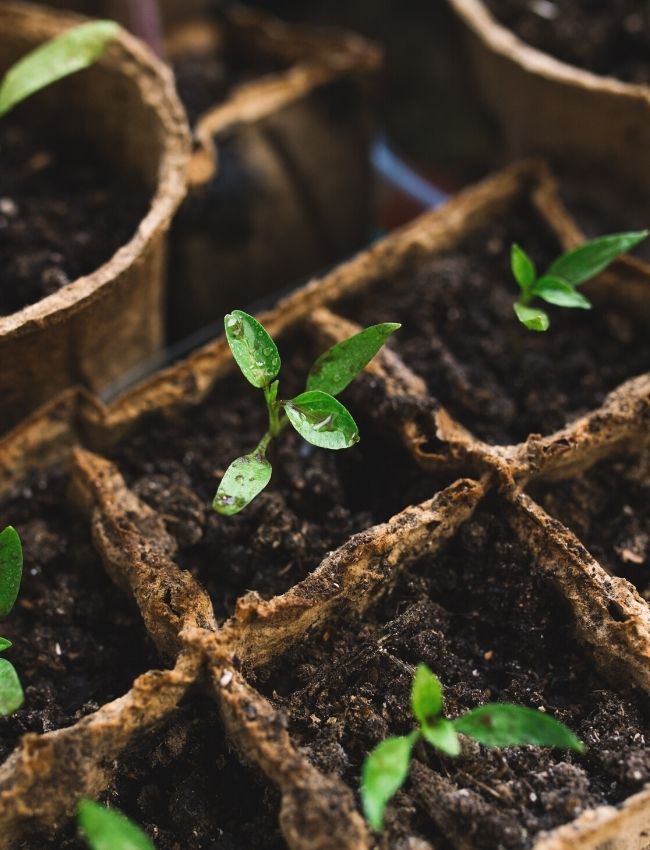
Simple Tips for Growing Your Own Food and Herbs
Besides the fact that running to the store for everything you need gets extremely old after a while, growing your own food right in your home comes with so many benefits. You can save a ton of money, eat healthier alternatives, and generally enjoy the sense of accomplishment that comes from growing something out of nothing thanks to your own effort. We have a few simple tips for growing your own food and herbs that will get your green thumb started off right.
Take a Soil Sample
A useful tip for growing your own food and herbs at home is to take a soil sample before you get started. Soil tests are easy to get ahold of on online, and they can tell you a variety of useful information about your local planting conditions. You want to make sure there isn’t anything harmful, such as lead, in your soil, and finding out the pH level of the soil will help you determine what will grow there the best.
Start With Simpler Produce
It’s no secret that some fruits, vegetables, and herbs are hardier and easier to grow than others. For instance, if you’d like to grow your own mangoes, that will be quite a bit more difficult than choosing a more easily managed fruit tree. Starting off your garden with fruits and vegetables that grow more easily will result in more usable produce on your first try and help you build your knowledge and confidence as you move on to more difficult foods.
Grow Seeds Inside, Then Transplant
If you live in a place where the weather fluctuates, don’t fret. You can still grow many different kinds of produce if you start it off inside at first. This is especially useful if you start from a seed rather than a plant starter. Use a small container to get the plant started inside, where you can control the temperature and moisture level. Then, transplant the plant outside when the weather allows for a better yield.
Water With Care
Watering is obviously very important for maintaining a garden, but many people don’t think too much about how much water they give their plants. However, overwatering and waterlogging are both things that can happen if you aren’t careful. Also, make sure you don’t spray a bunch of water on the leaves of smaller plants—keep the water in the dirt itself. Excess water hanging on leaves can make plants more susceptible to disease.





